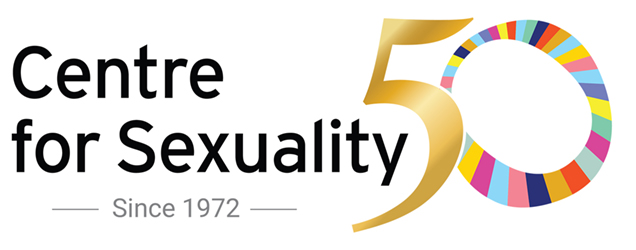Adoption
Adoption can be a good choice if a person is unable to parent and they would like to continue the pregnancy. Making an adoption plan can be done at any time before or after the birth of a child. Although someone may make an adoption plan before the child’s birth, legal consent documents cannot be signed until after the child’s birth.
Making an adoption plan can be emotionally difficult for some folks. A person may wish to seek counselling for themselves and/or for the birth father or other parent (if the other parent is involved). Centre for Sexuality and licensed adoption agencies offer counselling services before birth. Many licensed adoption agencies can also offer counselling support after birth and have no time limit. A person can visit them for years after the adoption if that feels helpful to them.
Birth Father Rights
Guardianship of a child is governed by the Family Law Act (2005). Birth parents can find the information they need about birth father rights within this document. Because information, laws, and resources for adoption change from time to time, a person can get the most up-to-date information from the Alberta Government or private, licensed adoption agencies directly.
How does adoption work in Alberta?
There are three ways to place a child for adoption in Alberta: government adoption, private adoption through a licensed adoption agency, or direct placement. The Provincial Government sets regulations governing all types of adoption, and laws vary from province to province. More information about these three types of adoption plans can be found online here: www.alberta.ca/adopt-a-child-in-government-care.aspx, here: www.amarisadoption.com/adopting, and here: www.adoptionoptions.com/adoptive-famlies.
Post-Adoption Registry
In Alberta there is a registry where background information, including medical information given at the time of placement, is maintained. Through this registry, adopted children who are over the age of 18 can reconnect with birth parents and adult birth siblings (adoptive parents can help children under the age of 18 with this).
As of January 1, 2005, the Alberta Government opened access to identifying information contained in adoption records which means that birth parents and adoptees over the age of 18 can have access to identifying information about each other. Those parties who want their information to remain confidential must file a disclosure veto with Alberta’s Post Adoption Registry. This veto will prevent the release of any birth registration or adoption information identifying the person.
For more information see Alberta Children and Youth Services.
Pregnant and Undecided?
If you’d like more information about options, visit the Deciding What To Do section of this website.

